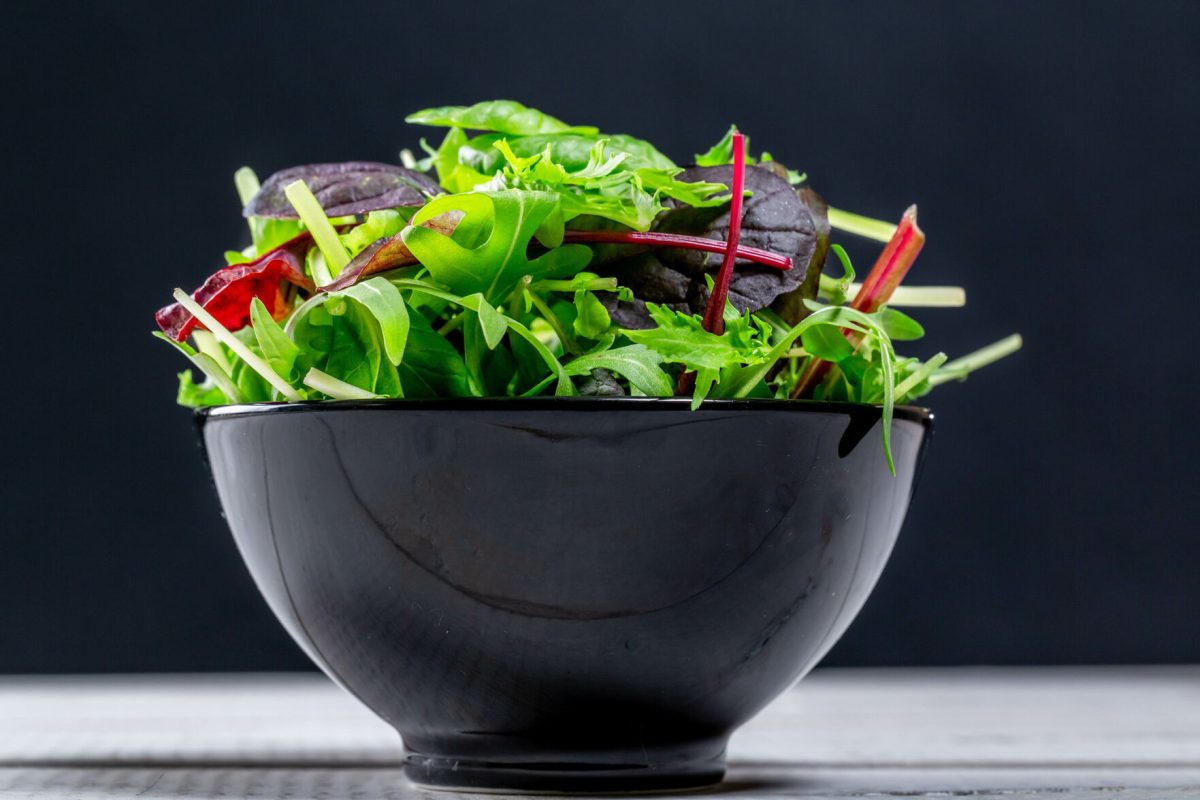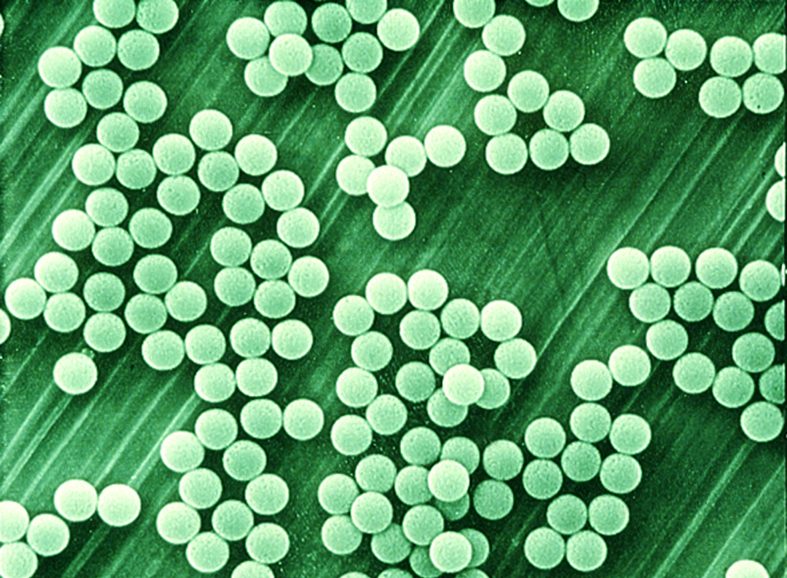Believe it or not, you are what you eat. According to articles recently published in Current Opinion in Neurobiology and Current Pharmaceutical Biotechnology, your gut is comparable to a second brain. The influence your gut has on your behavior is largely in part to its microbiome: a collection of tiny microorganisms—from protists to bacteria—that call your digestive system “home”. This microbiome has a direct relationship to mood disorders, like bipolar disorder and anxiety. One article suggests that probiotic supplementation resulted in decreased symptoms of major depressive disorder and bipolar disorder. As it turns out, tiny microbes in our food stay in our gut and have a huge impact on our daily life.
When you hear the word “bacteria”, you might think of strep throat, doctors’ visits, and antibiotics. However, there are certain types of bacteria found in your gut that fight off harmful microorganisms, like tiny Mike Tyson microbes in your digestive system. Good bacteria—otherwise known as probiotics—are connected to improved mood state. When a trial was conducted to observe the effect of probiotics, those who consumed a probiotic supplement reported positive effect and brain imaging results suggested higher brain connectivity. The most common probiotic in the trial was Lactobacillus gasseri, which is found in dairy products.
Mood disorders, including depression and bipolar disorder, have been linked to the presence or absence of gut microbiota composition. It was concluded in the trial that gluten free and vegetarian diets expressed higher levels of anxiety and depression. In fact, higher anxiety was reported for women who had lower levels of Bifidobacterium and men who had lower levels of Lactobacillus. While large words like Bifidobacterium and Lactobacillus might be hard to chew, they are the species names of good bacteria commonly found in yogurt, kombucha, and pickles. Let’s face it: college is stressful. Anxiety is a household word. However, this relationship between gut microbiota and mental health is a breakthrough for both scientists and students. You don’t have to be a microbiologist to take advantage of this hot-topic research either. The simple truth is, your gut needs good bacteria not only to help digestion, but also aid in cognitive and emotional health. So, next time you’re reaching for the Ramen, consider that gut of yours and remember: you are what you eat.
Categories:
Gut microbes are like a second brain
Bricen Ghent, Contributor
October 20, 2020
Courtesy Marco Verch Professional Photographer on flickr
Eating a salad can determine a lot of important factors in the human body.
0
Donate to The Tiger
Your donation will support the student journalists of Clemson University. Your contribution will allow us to purchase equipment and cover our annual website hosting costs.
More to Discover















